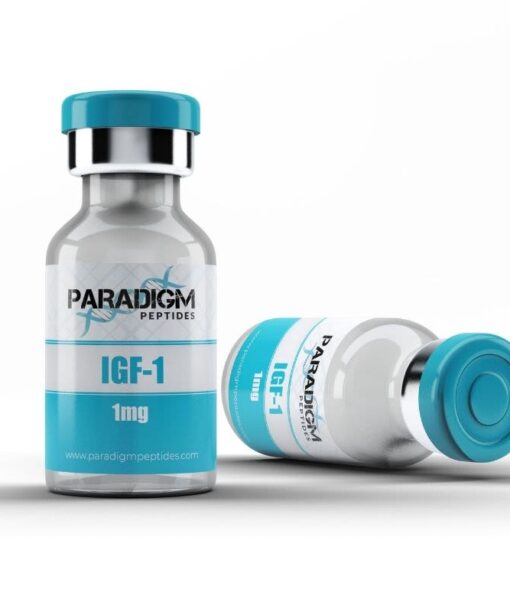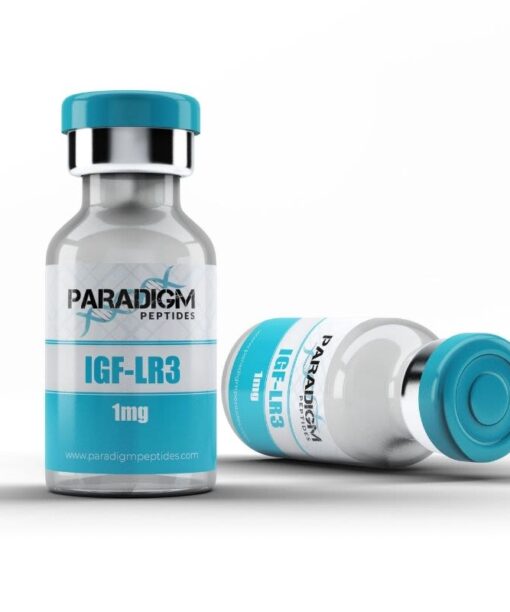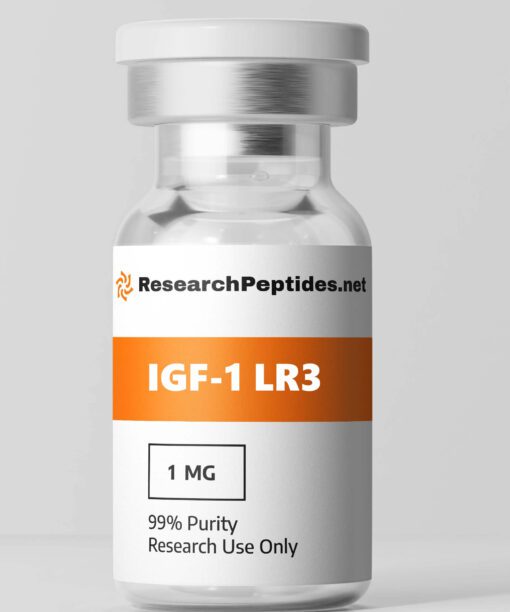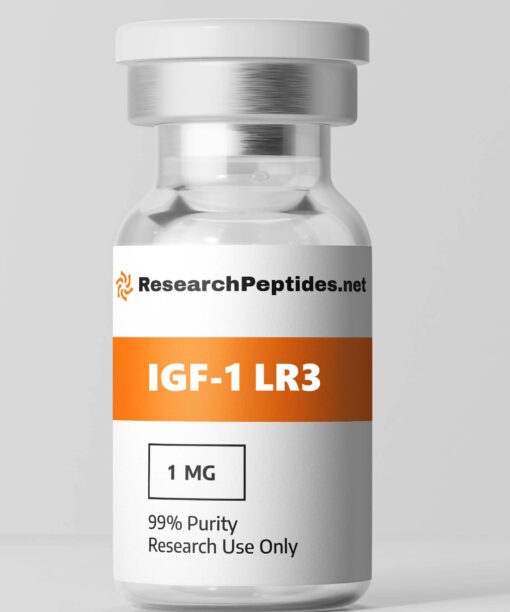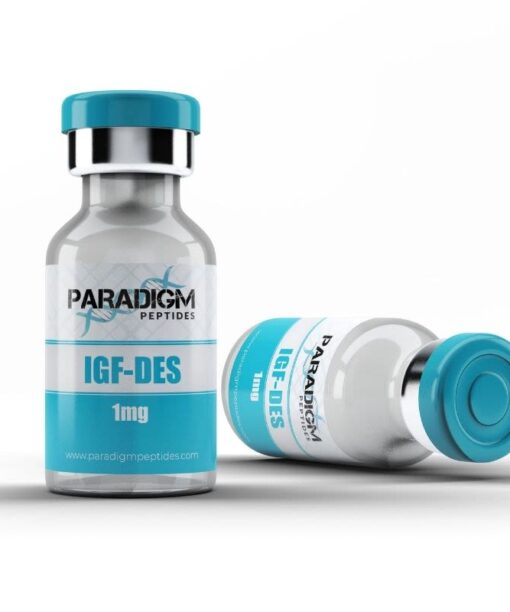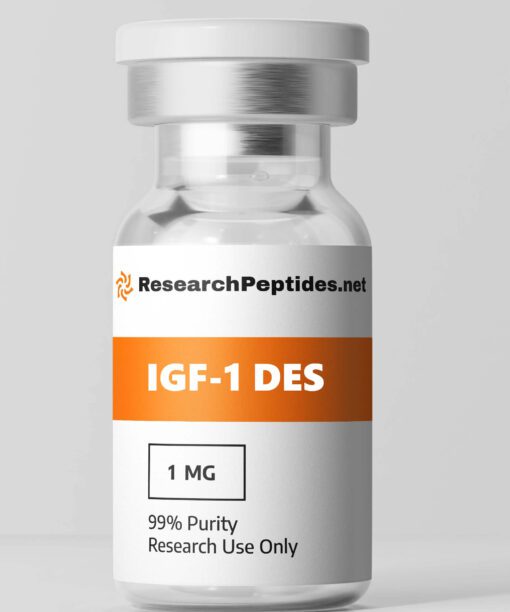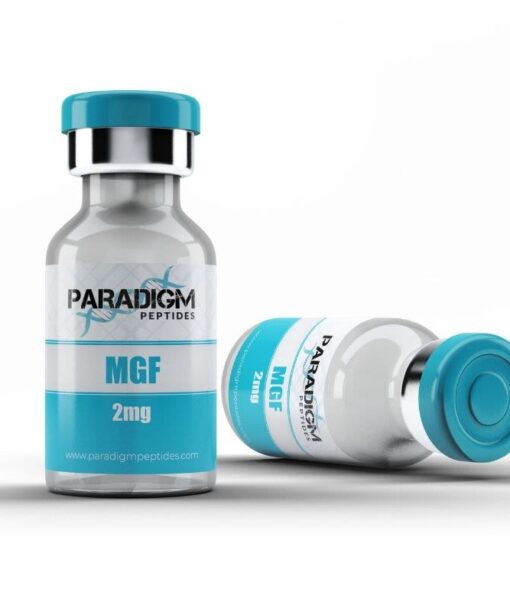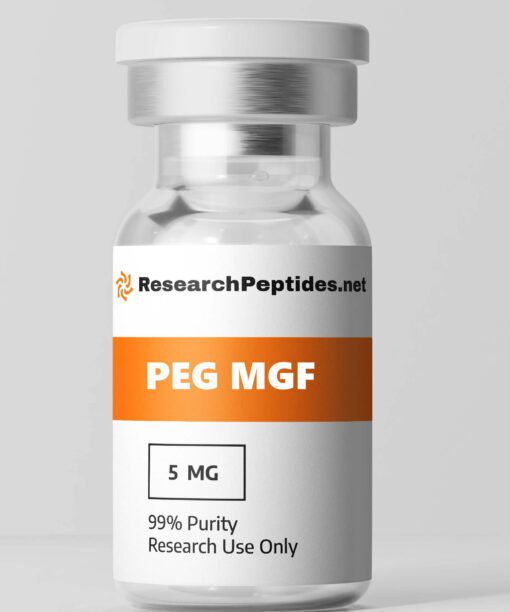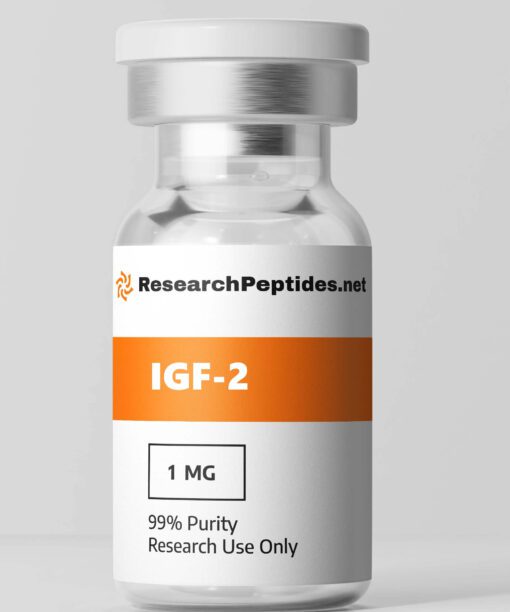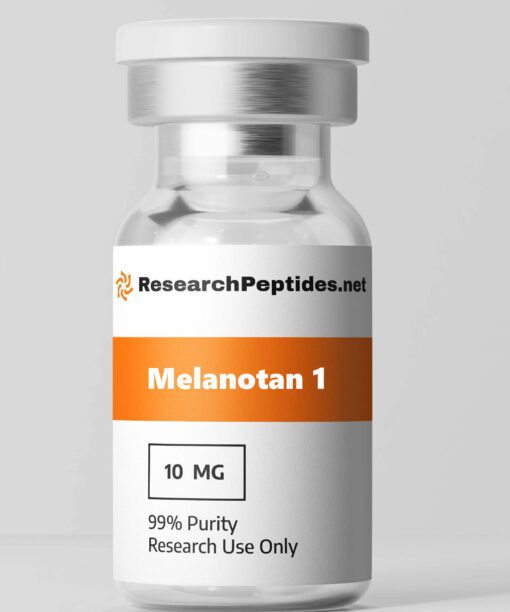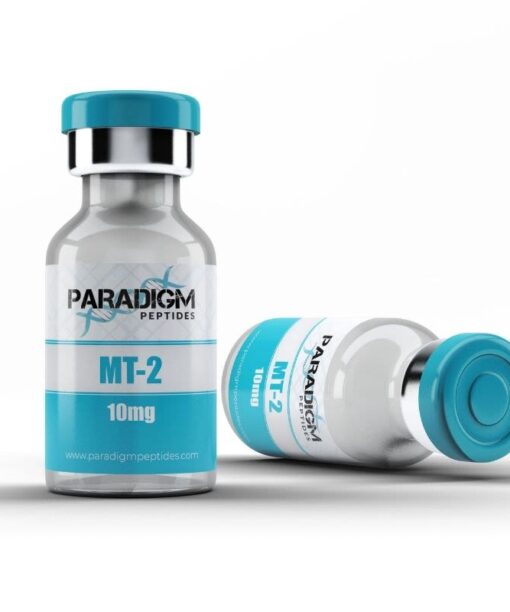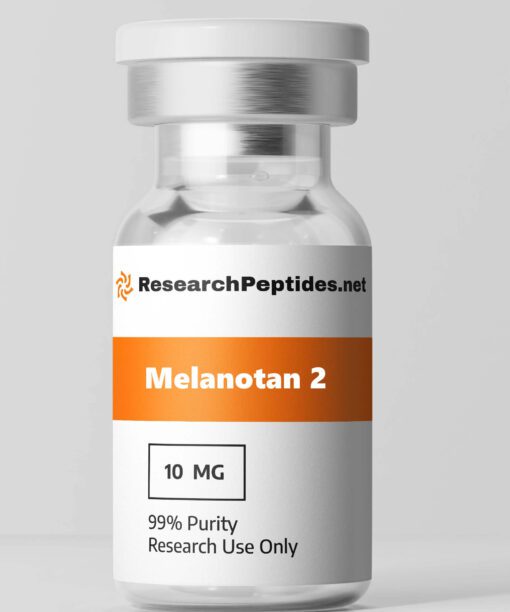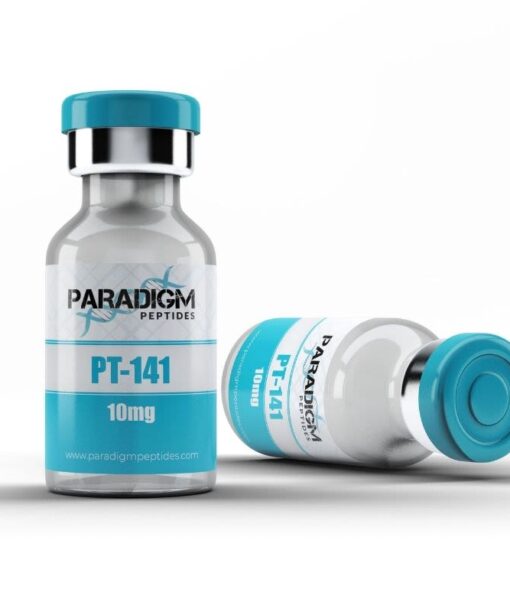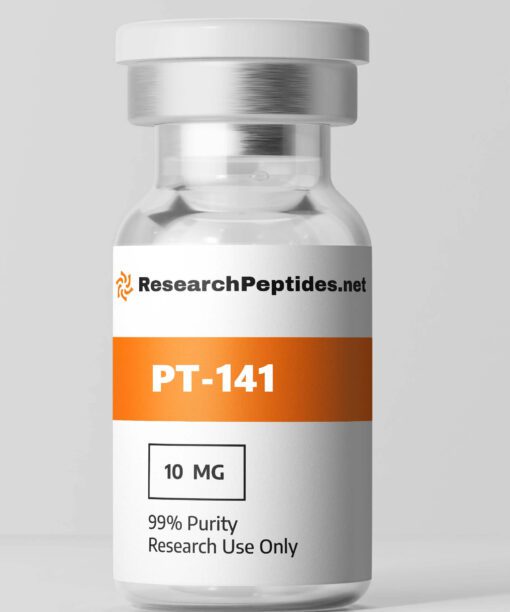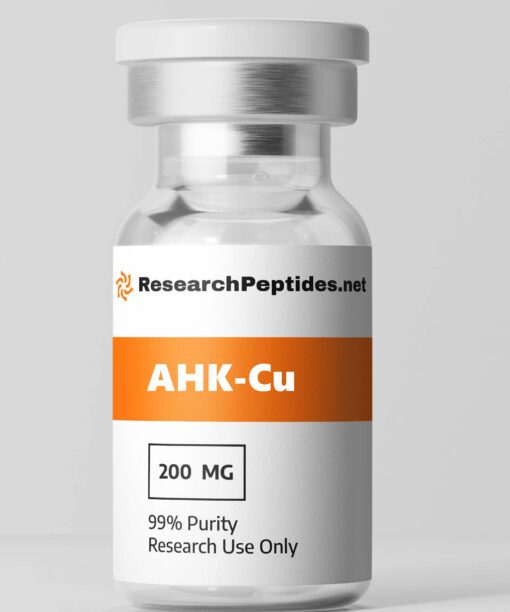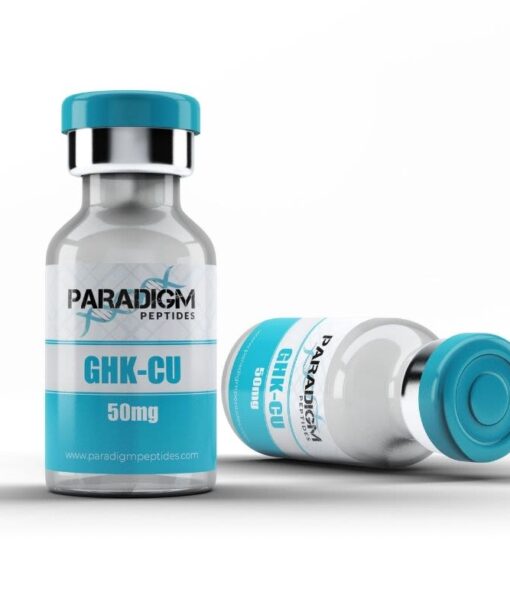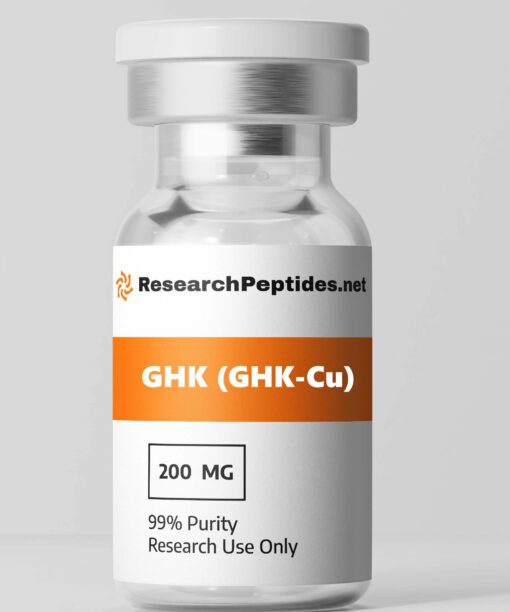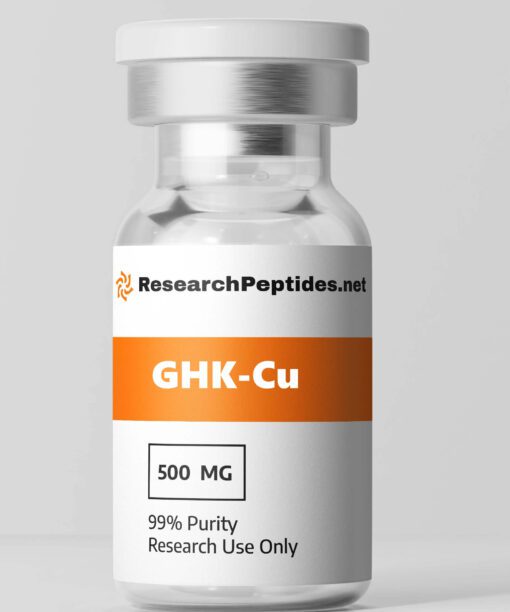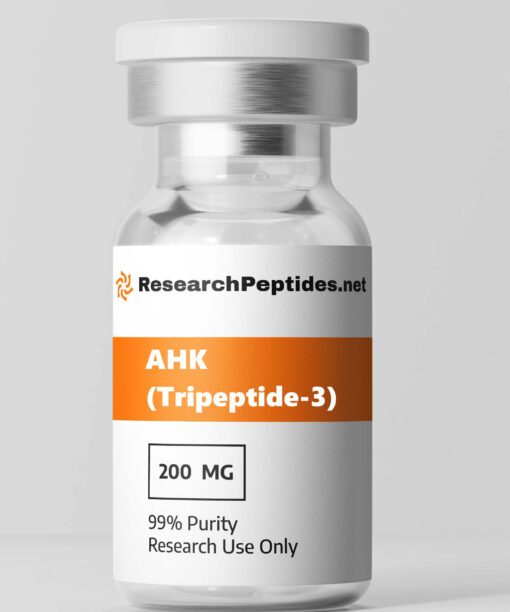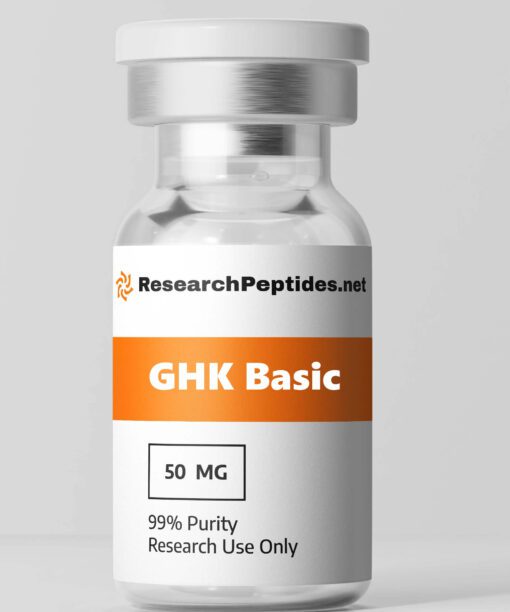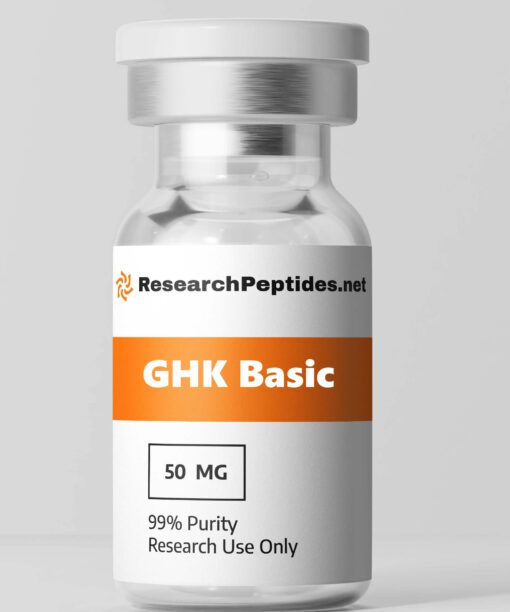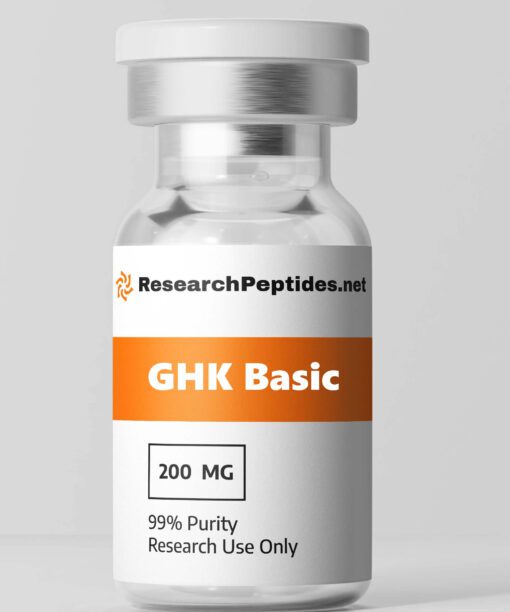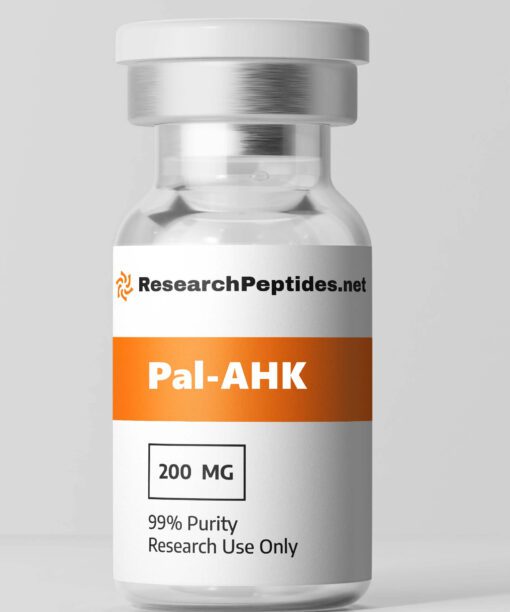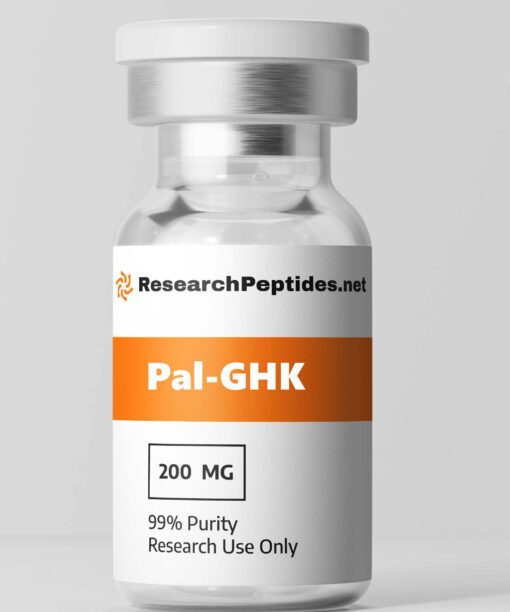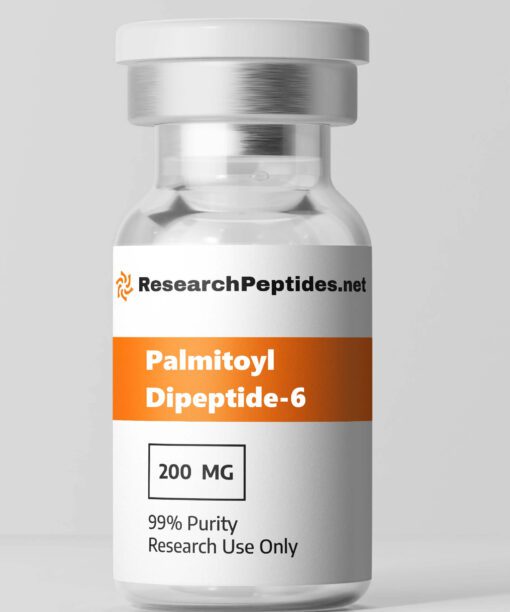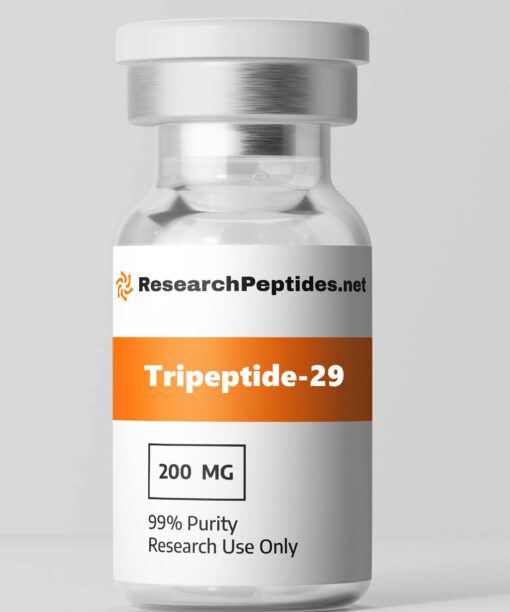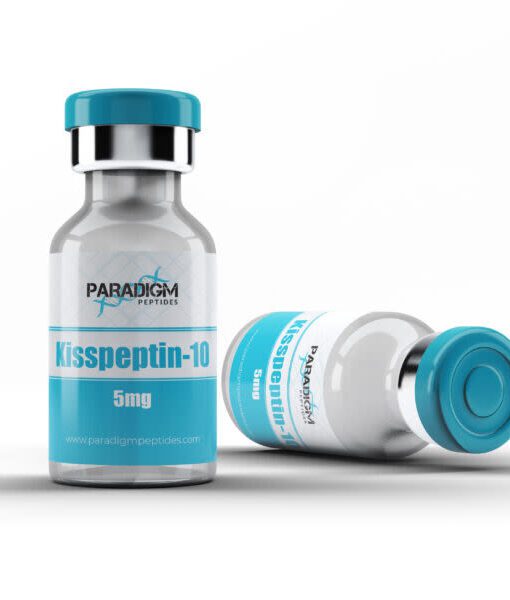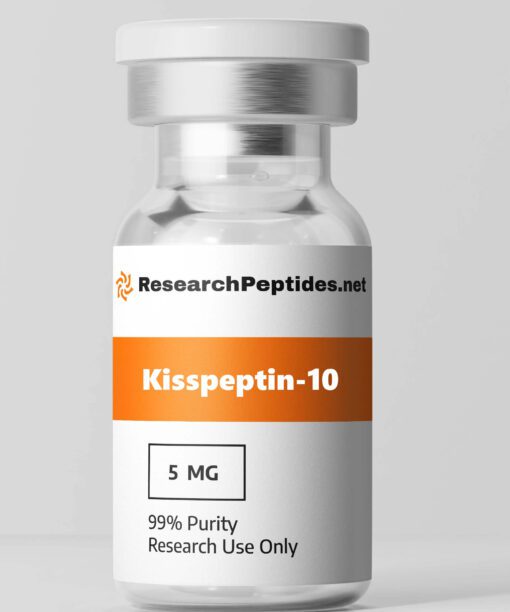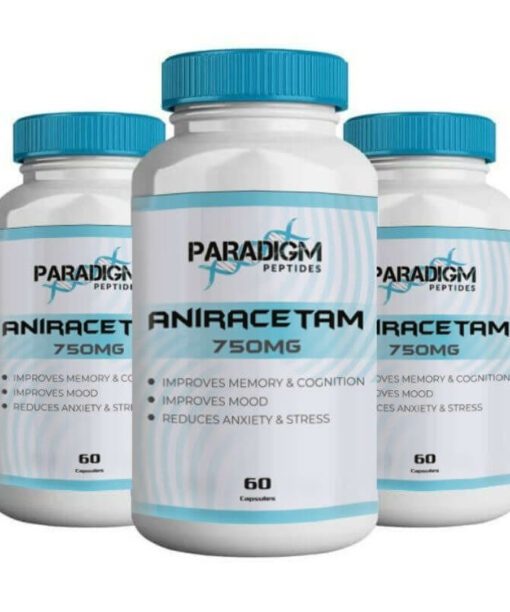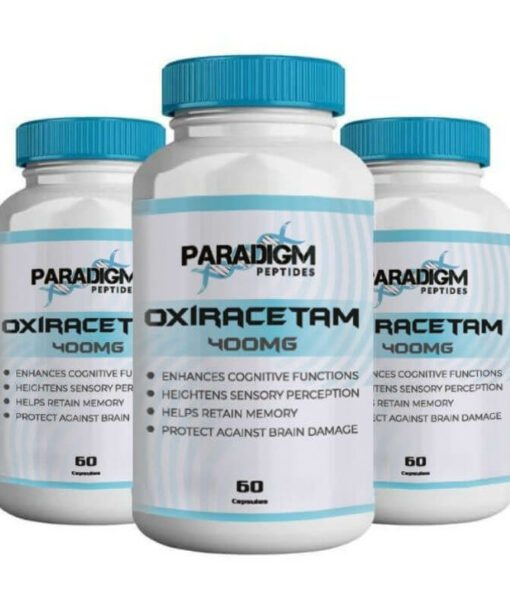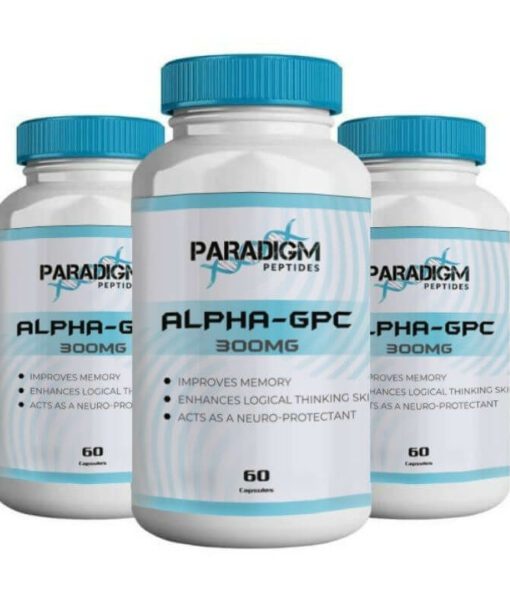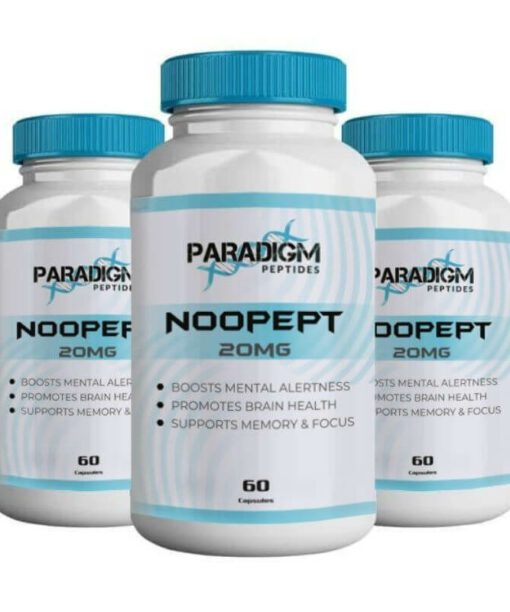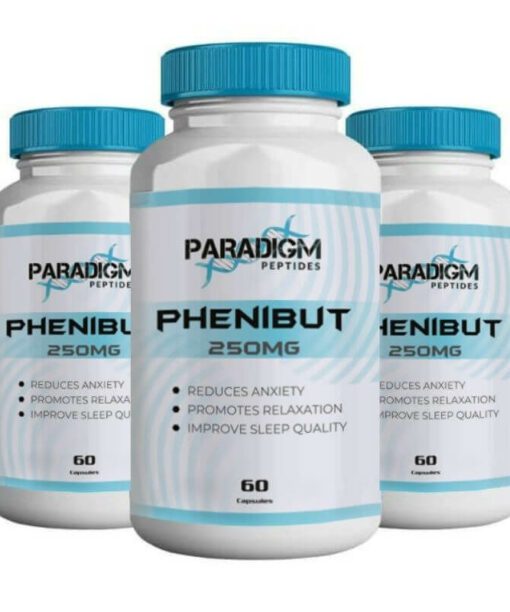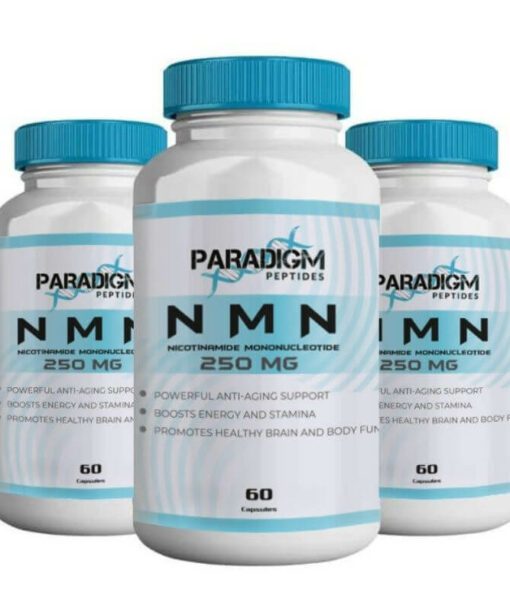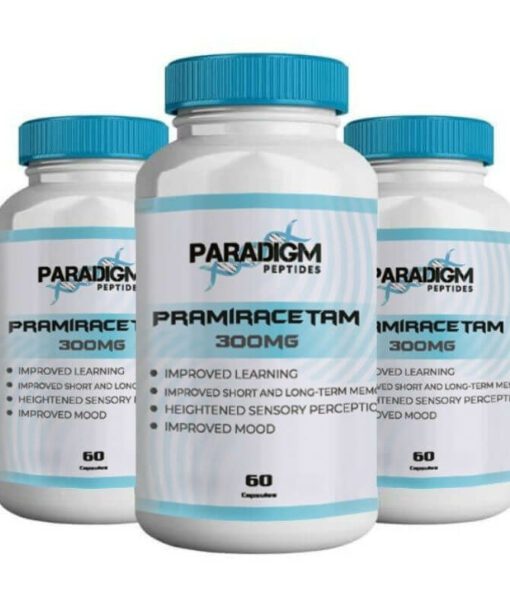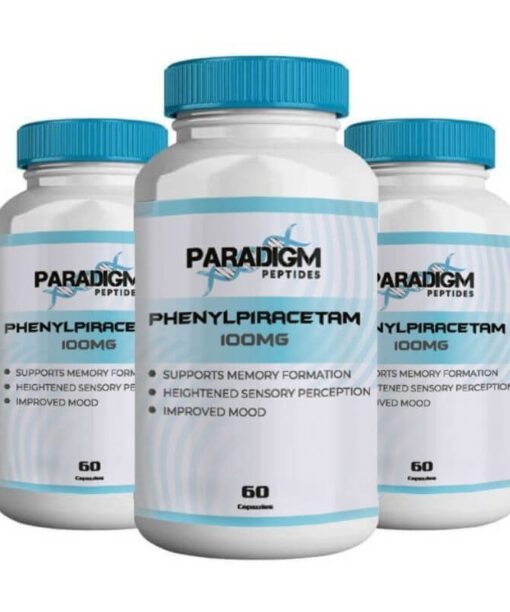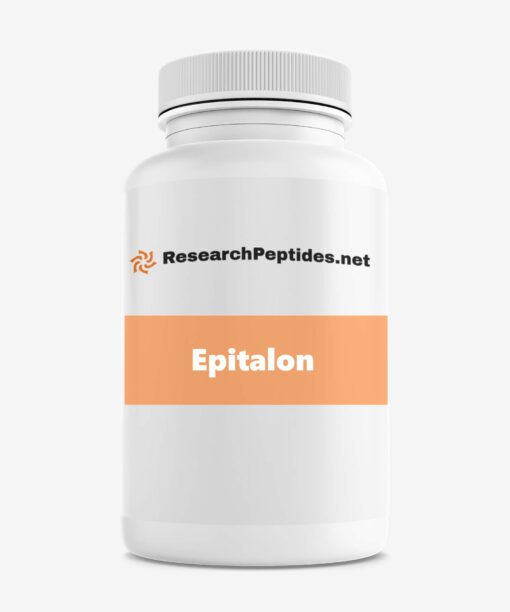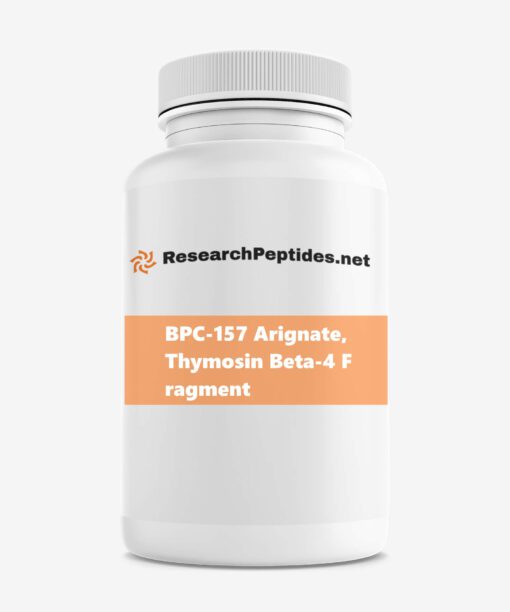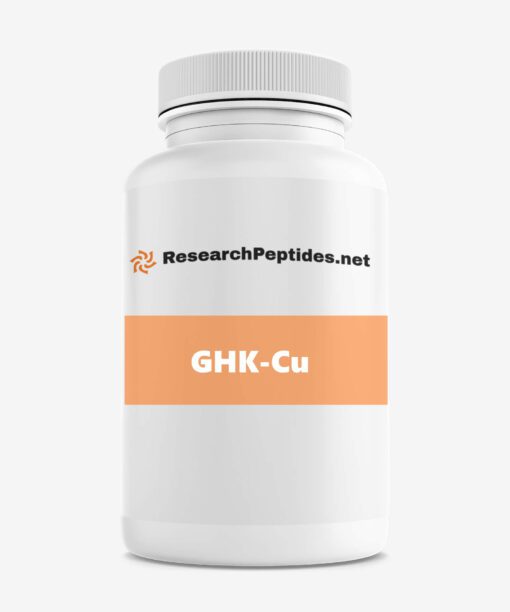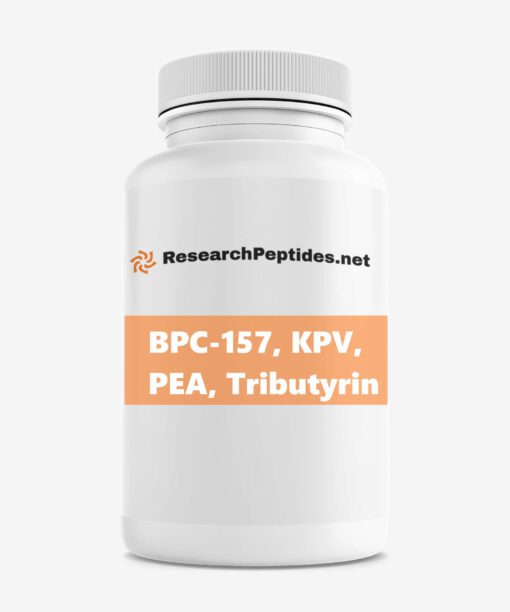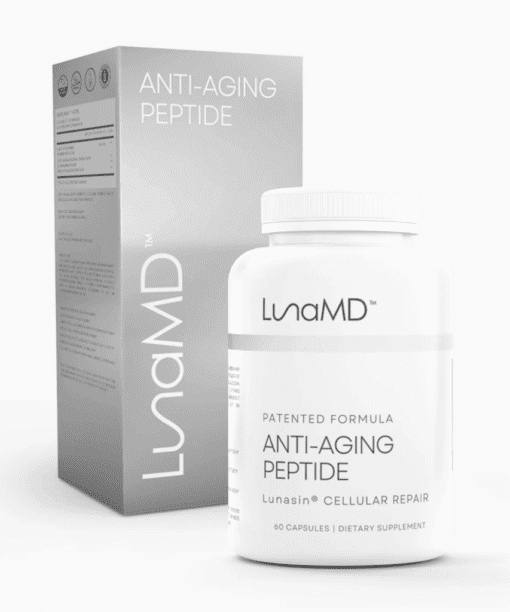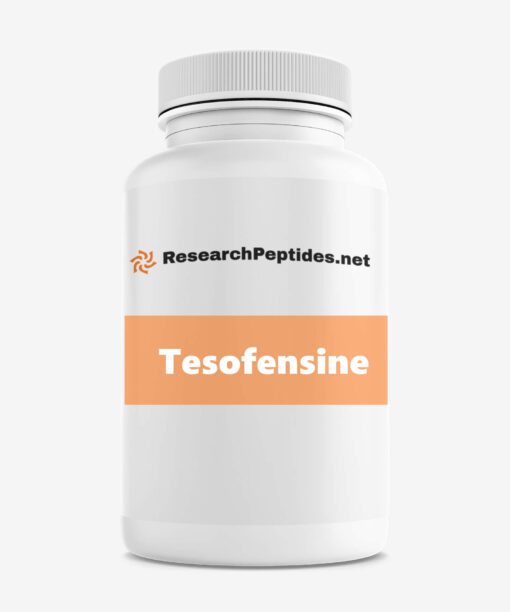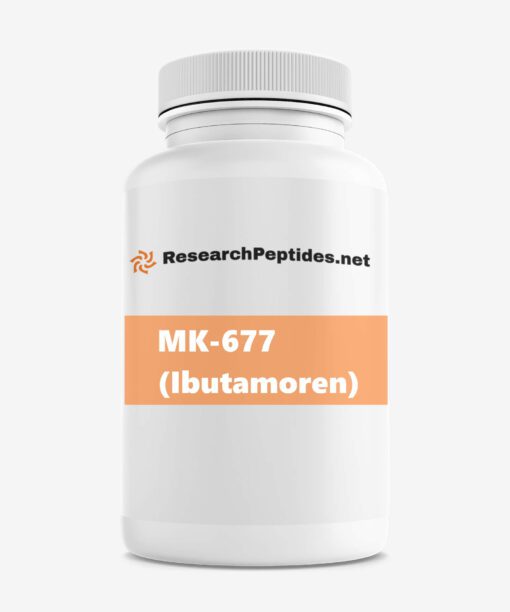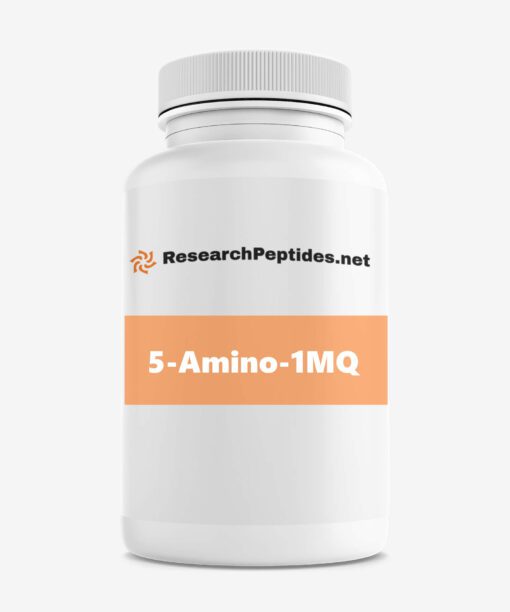What are the best peptides 2024?
In 2024, peptides continue to make waves in the health and wellness sector. We will explore the latest findings and expert opinions to offer you a comprehensive guide on the top peptides this year. Stay tuned as we unpack the science and insights behind these powerful molecules, setting you on the path to optimized health and well-being research.
Best Peptide Guide
Research in the field of biochemistry has highlighted the significance of peptides in various biological processes. These sequences of amino acids are essential components in many cellular functions. As the study of peptides advances, there’s a growing emphasis on identifying and understanding the most effective peptides for specific applications.
Further investigations have shown that peptides have potential applications in areas such as skin health, muscle development, and metabolic regulation. Given the increasing number of peptide variants available, it’s crucial to approach the subject with a research-backed perspective. This guide aims to provide a concise overview of the most studied peptides and their proven benefits.
Best IGF Peptides
Overview of IGF Peptides
Insulin-like Growth Factor (IGF) peptides are a family of proteins that play a significant role in the growth and development of various tissues in the body. They are closely related to insulin in terms of structure and function. IGF peptides are primarily produced in the liver as a result of stimulation by growth hormone (GH) and are responsible for many of the anabolic effects associated with GH.
Documented Benefits and Applications of IGF Peptides
- Muscle Tissue Augmentation: In non-human models, IGF peptides, notably IGF-1, have been shown to stimulate muscle growth by enhancing protein synthesis and facilitating the uptake of amino acids into muscle cells.
- Bone Density Enhancement: Research on non-human subjects indicates that IGF peptides can potentially augment bone density, suggesting potential applications in osteoporosis models or bone injury recovery studies.
- Potential Anti-aging Properties: Preliminary studies on non-human subjects have linked IGF peptides to anti-aging effects, especially concerning skin health. There’s evidence suggesting they might promote collagen production, leading to improved skin elasticity.
- Recovery Acceleration: In non-human studies, IGF peptides have demonstrated the potential to expedite the healing of injuries, especially in tendons and ligaments, due to their role in increasing cell proliferation and migration.
- Metabolic Modulation: Research has shown that, in non-human models, IGF peptides might enhance metabolic processes, leading to improved fat utilization and energy expenditure.
Suggested IGF Products
- IGF-1: IGF-1 is a 70-amino acid peptide hormone that is structurally similar to insulin. It is produced primarily in the liver as an endocrine hormone and plays a crucial role in muscle growth and repair.
- IGF-1 LR3: A modified version of IGF-1, IGF-1 LR3 has been designed to resist deactivation by IGF-1 binding proteins in the bloodstream, resulting in prolonged activity in non-human studies.
- IGF-1 DES: A truncated variant of the IGF-1 molecule, it has been observed to have increased activity and tissue-targeting capabilities in non-human research.
- PEG MGF (Pegylated MGF): This variant of the IGF, produced by a shift in the reading frame in response to muscle growth in non-human models, has been pegylated to extend its half-life.
- IGF-2: Though less frequently studied than IGF-1, IGF-2 has shown similar potential benefits in terms of muscle growth and repair in non-human research.
IGF-1 Peptides
IGF-1 LR3 Peptides
IGF-1 DES Peptides
PEG MGF Peptides
IGF-2 Peptides
Find here the detailed article about the Best IGF Peptides.
Best Melanotan Peptides
Overview of Melanotan Peptides
Melanotan peptides, specifically Melanotan I, Melanotan II, and PT-141 are synthetic analogs of the naturally occurring melanocortin peptide hormone alpha-melanocyte-stimulating hormone (α-MSH). These peptides have garnered significant attention in the research community for their potential effects on melanogenesis, the process by which melanocytes produce melanin, the primary pigment responsible for skin color. As studies have shown, these peptides can influence pigmentation without exposure to ultraviolet (UV) radiation, suggesting potential applications in various research settings.
Benefits and Uses of Melanotan Peptides
- Melanogenesis Stimulation: As research has indicated, Melanotan peptides can stimulate the production of melanin in melanocytes. This increased melanin production can lead to darker skin pigmentation in experimental models.
- Potential UV Protection: Due to the increased melanin production, there’s a hypothesis in the research community that Melanotan might provide some form of protection against UV radiation damage, although this remains a topic of ongoing investigation.
- Appetite Suppression: Melanotan II, in particular, has been observed to have appetite-suppressing effects in certain research settings, suggesting potential applications in studying metabolic processes.
- Libido Alterations: Both Melanotan II and PT-141 have been observed to influence libido in experimental models. PT-141, in particular, has been extensively studied for its potential effects on sexual function, making it a significant point of interest for researchers.
Suggested Melanotan Products
For research purposes, it’s crucial to source Melanotan peptides from reputable suppliers that ensure high purity and proper handling. Some notable brands and products in the research community include:
- Melanotan I Peptide: A direct analog of α-MSH, this peptide is primarily focused on promoting melanogenesis.
- Melanotan II Peptide: A variant of Melanotan I, this peptide not only stimulates melanogenesis but also has been observed to influence appetite and libido in certain experimental settings.
- PT-141 Peptide: Originally derived from Melanotan II, PT-141 has shown potential in research settings for its effects on sexual function without influencing skin pigmentation.
Melanotan I Peptides
Melanotan II Peptides
PT-141 Peptides
Find here the detailed article about the Best Melanotan Peptides.
Best Copper Peptides
Overview of Copper Peptides
Copper peptides, as research has shown, are small protein fragments that have a high affinity for copper ions. These peptides have been the subject of numerous studies due to their potential in various biological processes, especially in the context of skin health and wound healing.
Benefits and Uses of Copper Peptides
- Wound Healing: Copper peptides have been studied for their potential to promote wound healing. They are believed to stimulate collagen production and have anti-inflammatory properties.
- Anti-Aging: Preliminary research suggests that copper peptides may play a role in reducing the appearance of fine lines and wrinkles.
- Hair Growth: Some studies have explored the potential of copper peptides in promoting hair growth and reducing hair loss.
Suggested Copper Peptide Products
For research purposes, it’s crucial to source Copper peptides from reputable suppliers that ensure high purity and proper handling. Some notable products in the research community include:
- AHK-Cu Peptide: A copper complexed tripeptide, this peptide has been studied for its potential in skin regeneration and hair growth promotion.
- GHK-Cu Peptide: Known for its potential in wound healing and anti-aging, GHK-Cu has been the subject of numerous studies in the skincare research community.
- GHK-Cu Topical Peptide: A topical variant of GHK-Cu, this peptide is primarily focused on direct skin applications for potential benefits in skin health.
- GHK-Cu Copper Peptide: Emphasizing the bond between GHK and copper, this product is often researched for its potential synergistic effects in various biological processes.
AHK-Cu Peptide
GHK-Cu Peptide
GHK-Cu Topical Peptide
GHK-Cu Copper Peptide
Find here the detailed article about the Best Copper Peptides.
Best Tripeptides
Overview of Tripeptides
Tripeptides, as the name suggests, are peptides composed of three amino acids. In the realm of research, these peptides have garnered attention for their potential biological activities, especially in skin care and cellular communication.
Benefits and Uses of Tripeptides
- Skin Elasticity: Tripeptides have been studied for their potential to improve skin elasticity and firmness.
- Cellular Communication: They may play a role in facilitating cellular communication, which is crucial for various biological processes.
- Antioxidant Properties: Some tripeptides have shown potential antioxidant properties, protecting cells from oxidative stress.
Suggested Tripeptide Products
For research purposes, it’s essential to source Tripeptides from reputable suppliers that ensure high purity and proper handling. Some notable products in the research community include:
- AHK Tripeptide-3 Peptide: A specific tripeptide sequence, AHK Tripeptide-3 has been studied for its potential roles in cellular communication and skin health.
- GHK Basic Peptide: Known for its potential in skin health and anti-aging, GHK Basic has been a subject of interest in the peptide research community.
- GHK Basic Topical Peptide: A topical variant of GHK Basic, this peptide is designed for direct skin applications in research settings.
- PAL-AHK Peptide: A palmitoylated version of AHK, PAL-AHK has been researched for its potential enhanced stability and skin penetration properties.
- PAL-GHK Peptide: Combining the GHK peptide with a palmitoyl group, PAL-GHK is often researched for its potential enhanced effects on skin health.
- Pal-Lys-Val-Dab Peptide: This specific tripeptide sequence is studied for its potential roles in various biological processes.
- Palmitoyl Dipeptide-6 (Topical) Peptide: This specific dipeptide is studied for its potential role in enhancing skin health and appearance.
- Tripeptide-29: A specific tripeptide sequence, Tripeptide-29 has been studied for its potential roles in collagen synthesis and skin health.
AHK Tripeptide-3
GHK Basic Peptide
GHK Basic Topical
PAL-AHK
PAL-GHK
Palmitoyl Dipeptide-6 Topical
Tripeptide-29
Find here the detailed article about the Best Tripeptide Peptides.
Best Kisspeptin-10 Peptides
Overview of Kisspeptin-10 Peptides
Kisspeptin-10 is a truncated form of the naturally occurring peptide Kisspeptin, which plays a pivotal role in the regulation of the reproductive system. In research settings, Kisspeptin-10 has been studied for its potential impact on the hypothalamic-pituitary-gonadal (HPG) axis, which controls reproductive hormones.
Benefits and Uses of Kisspeptin-10 Peptides
For research purposes, Kisspeptin-10 has been investigated for its role in stimulating the release of gonadotropin-releasing hormone (GnRH) from the hypothalamus. Studies have shown that it may also influence sexual maturation, reproductive function, and energy homeostasis. Its potential applications extend to the study of fertility disorders, metabolic diseases, and even some cancers.
Suggested Kisspeptin-10 Products
For non-human research, sourcing high-quality Kisspeptin-10 is crucial. Our suggested products for research are:
Best Cosmetic Peptides
Overview of Cosmetic Peptides
Cosmetic peptides have been a focal point in research for their potential applications in skincare and beauty products. These peptides are believed to address various skin concerns, from aging to hydration.
Benefits and Uses of Cosmetic Peptides
- Anti-Aging: Cosmetic peptides may reduce the appearance of wrinkles and fine lines.
- Hydration: They have been studied for their potential to boost skin hydration, leading to plumper and more radiant skin.
- Skin Barrier Enhancement: Some cosmetic peptides might strengthen the skin barrier, protecting it from environmental stressors.
Suggested Cosmetic Peptide Products
For research purposes, it’s vital to source Cosmetic peptides from reputable suppliers that ensure high purity and proper handling. Some notable products in the research community include:
- AHK-Cu Peptide: Studied for its potential in skin health and regeneration, AHK-Cu is a notable cosmetic peptide in the research community.
- GHK-Cu Peptide: With potential benefits in wound healing and anti-aging, GHK-Cu is a frequently researched cosmetic peptide.
- GHK-Cu Topical Peptide: A topical variant designed for direct skin applications in research settings.
- Leuphasyl Peptide: Often researched for its potential anti-wrinkle properties.
- Nanopeptide-1 Peptide: Studied for its potential in skin pigmentation regulation.
- Lipopeptide Peptide: Known for its potential in skin hydration and barrier enhancement.
- Decapeptide Peptide: A peptide consisting of ten amino acids, researched for various potential cosmetic benefits.
- Argireline Peptide: Often studied for its potential anti-wrinkle and skin-smoothing properties.
- Matrixyl Peptide: A well-known peptide in the research community for its potential anti-aging properties.
- Melanostatin DM Peptide: Researched for its potential in regulating skin pigmentation.
- Rigin Peptide: Known for its potential anti-aging and skin hydration properties.
- SNAP-8 Topical Peptide: A topical variant, often researched for its potential to reduce the appearance of wrinkles.
- Syn-AKE Peptide: Studied for its potential to mimic the effects of snake venom for cosmetic benefits.
- Syn-Col Peptide: Known in the research community for its potential collagen-boosting properties.
Find here the detailed article about the Best Cosmetic Peptides.
Best Peptide Capsules
Overview of Peptide Capsules
Peptide capsules have emerged as a popular method of delivering peptides for research purposes. These capsules offer a convenient and precise way to administer peptides, ensuring consistent dosages and protecting the peptide from degradation. As with all research compounds, it’s essential to understand their potential effects and uses.
Benefits, Advantages, and Uses of Peptide Capsules
- Convenience: Capsules offer an easy and hassle-free method of administration, eliminating the need for reconstitution.
- Stability: The encapsulation process can protect peptides from environmental factors that might degrade them.
- Precision: Capsules ensure a consistent dosage, which is crucial for research consistency.
- Versatility: A wide range of peptides are available in capsule form, catering to various research needs.
Suggested Peptide Capsules
- 5-Amino-1MQ Capsules: This compound has been researched for its potential role in inhibiting enzymes that break down collagen, possibly supporting skin health.
- Alpha-GPC Capsules: Alpha-GPC is a choline-containing supplement that may support brain health and cognitive function in research settings.
- Aniracetam Capsules: Aniracetam is a nootropic compound that belongs to the racetam family. Research has shown its potential in enhancing cognitive functions and improving memory.
- Centrophenoxine Capsules: Centrophenoxine is a nootropic compound researched for its potential neuroprotective and anti-aging effects.
- Epitalon Capsules: Epitalon is a synthetic peptide studied for its potential anti-aging and life-extending properties.
- Fasoracetam Capsules: Another racetam derivative, Fasoracetam has been studied for its potential cognitive benefits.
- GHK-Cu Capsules: GHK-Cu is a copper peptide with potential anti-aging, wound healing, and anti-inflammatory properties in research settings.
- Gut Inflammation Capsules: These capsules contain a blend of peptides and compounds like Stable BPC-157, KPV, PEA, and Tributyrin, researched for their potential anti-inflammatory effects on the gut.
- Lunasin Anti-Aging Peptide Capsules: Lunasin is a peptide studied for its potential anti-inflammatory and anti-oxidative properties.
- MK-677 (Ibutamoren) Capsules: MK-677, also known as Ibutamoren, is a growth hormone secretagogue researched for its potential effects on increasing growth hormone levels.
- NMN Supplement Capsules: NMN (Nicotinamide Mononucleotide) is a compound studied for its potential anti-aging effects and role in cellular energy production.
- Noopept Capsules: Noopept is a peptide-derived nootropic that has been researched for its potential neuroprotective properties.
- Oxiracetam Capsules: Another member of the racetam family, Oxiracetam has been studied for its potential cognitive-enhancing properties.
- Phenibut Capsules: Phenibut is a central nervous system depressant studied for its potential anxiolytic effects.
- Phenylpiracetam Capsules: This racetam derivative has been researched for its potential cognitive-enhancing and psychostimulant effects.
- Repair and Recovery Capsules: These capsules contain peptides like Stable BPC-157 Arignate and Thymosin Beta-4 Fragment, which have been researched for their potential wound healing and tissue repair properties.
- Tesofensine Capsules: Tesofensine is a compound researched for its potential effects on appetite suppression and weight loss.
Peptide Capsules
Find here the detailed article about the Best Peptide Capsules.
Page Contents
Estimated Reading Time: 13 min read
Table of Contents
- 1 What are the best peptides 2024?
- 2 Best Peptide Guide
- 3 Best IGF Peptides
- 4 Overview of IGF Peptides
- 5 Documented Benefits and Applications of IGF Peptides
- 6 Suggested IGF Products
- 7 IGF-1 Peptides
- 8 IGF-1 LR3 Peptides
- 9 IGF-1 DES Peptides
- 10 PEG MGF Peptides
- 11 IGF-2 Peptides
- 12 Best Melanotan Peptides
- 13 Overview of Melanotan Peptides
- 14 Benefits and Uses of Melanotan Peptides
- 15 Suggested Melanotan Products
- 16 Melanotan I Peptides
- 17 Melanotan II Peptides
- 18 PT-141 Peptides
- 19 Best Copper Peptides
- 20 Overview of Copper Peptides
- 21 Benefits and Uses of Copper Peptides
- 22 Suggested Copper Peptide Products
- 23 AHK-Cu Peptide
- 24 GHK-Cu Peptide
- 25 GHK-Cu Topical Peptide
- 26 GHK-Cu Copper Peptide
- 27 Best Tripeptides
- 28 Overview of Tripeptides
- 29 Benefits and Uses of Tripeptides
- 30 Suggested Tripeptide Products
- 31 AHK Tripeptide-3
- 32 GHK Basic Peptide
- 33 GHK Basic Topical
- 34 PAL-AHK
- 35 PAL-GHK
- 36 Palmitoyl Dipeptide-6 Topical
- 37 Tripeptide-29
- 38 Best Kisspeptin-10 Peptides
- 39 Overview of Kisspeptin-10 Peptides
- 40 Benefits and Uses of Kisspeptin-10 Peptides
- 41 Suggested Kisspeptin-10 Products
- 42 Best Cosmetic Peptides
- 43 Overview of Cosmetic Peptides
- 44 Benefits and Uses of Cosmetic Peptides
- 45 Suggested Cosmetic Peptide Products
- 46 Best Peptide Capsules
- 47 Overview of Peptide Capsules
- 48 Benefits, Advantages, and Uses of Peptide Capsules
- 49 Suggested Peptide Capsules
- 50 Peptide Capsules
